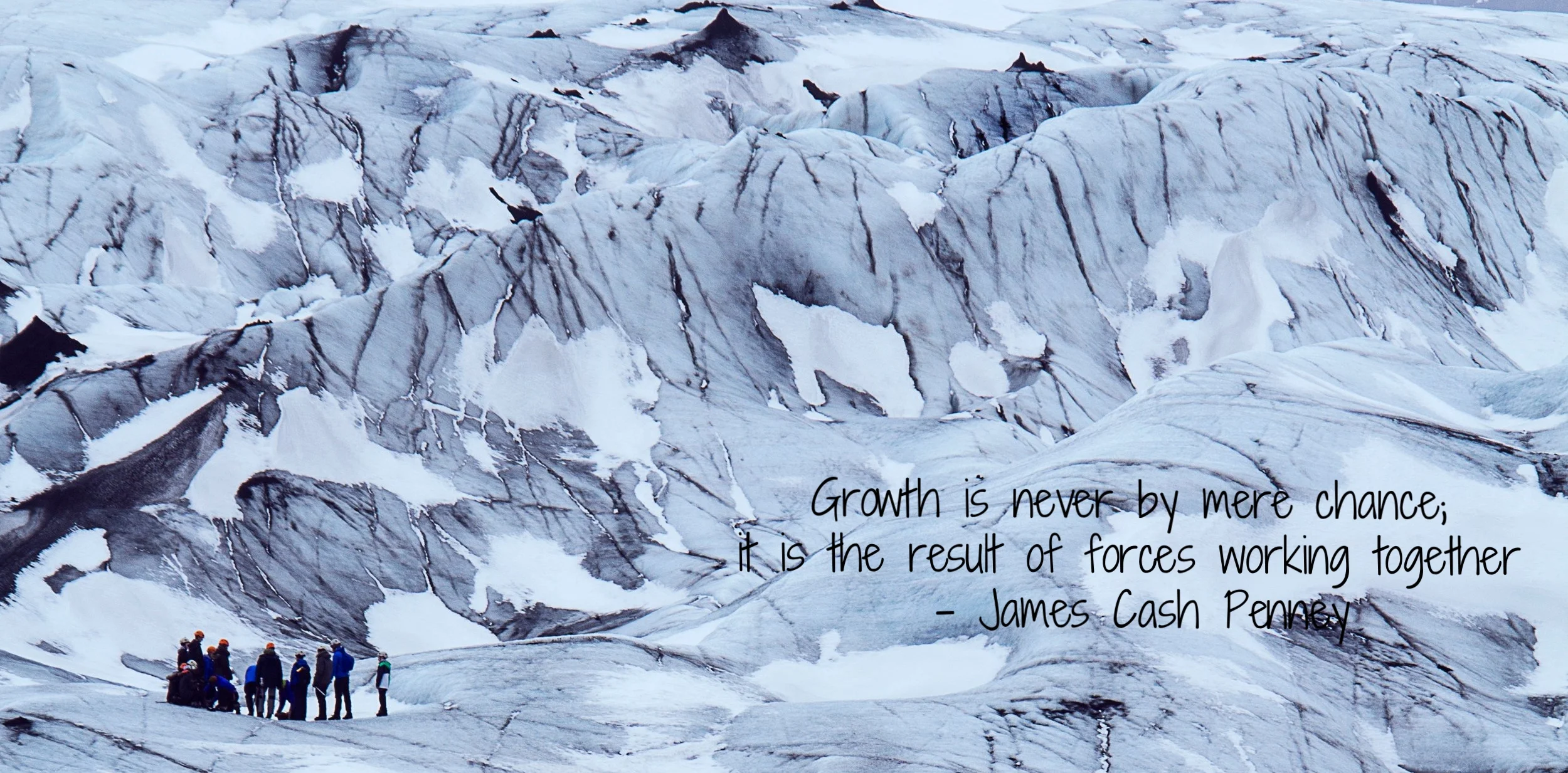5 Steps To Deeper Learning #5: Collaboration
This is post #5 in the Deeper Learning Series. I wrote it to examine if our students are truly learning and to discuss some tips and strategies that lead to deeper learning. Check out the previous 4 posts on Struggle, Feedback, Correcting Mistakes, and Metacognition.
Today’s post discusses collaboration, which if done right supercharges deeper learning. Check it out!
Hey!
I have a confession to make. I lied. 5 Steps To Deeper Learning aren’t necessarily steps. They are learning spaces, so to speak. I mean, there are times they can and perhaps should be done sequentially. When students answer questions from memory (recall) and make mistakes, they should be given feedback and a chance to correct and analyze their mistakes. But…
Recall is a way to study students can use anywhere and should be ingrained as THE way to study. Metacognition can be practiced at any point along the learning process. We can incorporate reflection into our lessons as a 5 minute exit ticket or a 50 minute classroom activity. It’s important we present and help our students practice reflecting on their own thinking and learning as a game changing life skill. Feedback must be frequent. We must give it and teach students to get it on their own too. And, all of the above strategies can be used individually or in collaboration.
To Achieve Deeper Learning, Help Students Collaborate And Share
When individuals share ideas with others they have the opportunity to receive others’ feedback and suggestions, which helps with concept comprehension and filling in of knowledge gaps. They can also share their unique interpretations of concepts and ideas for solving problems, which is essentially their unique way of looking at the world. As a result, students teach and learn from each other, which benefits everyone. The tutored student gets help with understanding, while the tutor gets to practice and process further.
When you ask students to work without aids to recall information from memory, they are a lot less likely to give up. Not only is it easier to struggle as part of a team, but it is also a lot more likely that someone remembers enough to get the conversation and the collective firing of neurons going. Ideally, you want the group members to talk about the misconceptions they had and the thinking that led them to make mistakes. When I eavesdrop on such a conversation, I always say something to the extent of: I’m glad you made this mistake now and figured out why you made it, because I know you’ll get it right when it matters; on a quiz, test, or project!
And, you can have groups sharing with each other too. This allows students to share their process (mistakes and solution) with others and leads to further analysis of the information and the problem solving process.
In addition, others learn that everyone makes mistakes. Even the “smart kids” don’t have everything figured out. They mess up and have misconceptions too. Such realizations build resilience and a classroom culture of failing forward; embracing and learning from mistakes. With time, and this is my hope for all my students going forward, mistakes are looked at as part of learning. Instead of seeing mistakes as failures, students learn to expect them and embrace them as a temporary, but necessary part of the deeper learning process.
As an educator, you know this to be true. As we become more experienced and reflective, we notice the errors we’ve made in the past. Teaching is a learning journey, and if we can be honest with ourselves, admit to and examine our screw ups, we become better. When we share our mistakes with others, we commit to becoming better, and we grow as a result. There’s wisdom there, and if we dare to take a look and ask for help, we find it.
So... I elaborated on the 5 steps in 5 separate posts, and it seems like a lot of stuff. I want to show you how to do all steps in a span of one class period. In my next post, I will talk about and give you an example activity I recently used in chemistry in which I utilized all 5 steps of deeper learning to help students learn about chemical reactions. Till then!
For more Deeper Learning ideas check out my book "Crush School." The Amazon Kindle version is 40% off until tomorrow (only $5.97). Just click on the link above or the image below.
You Have The Power To Change The World. Use It Often.

